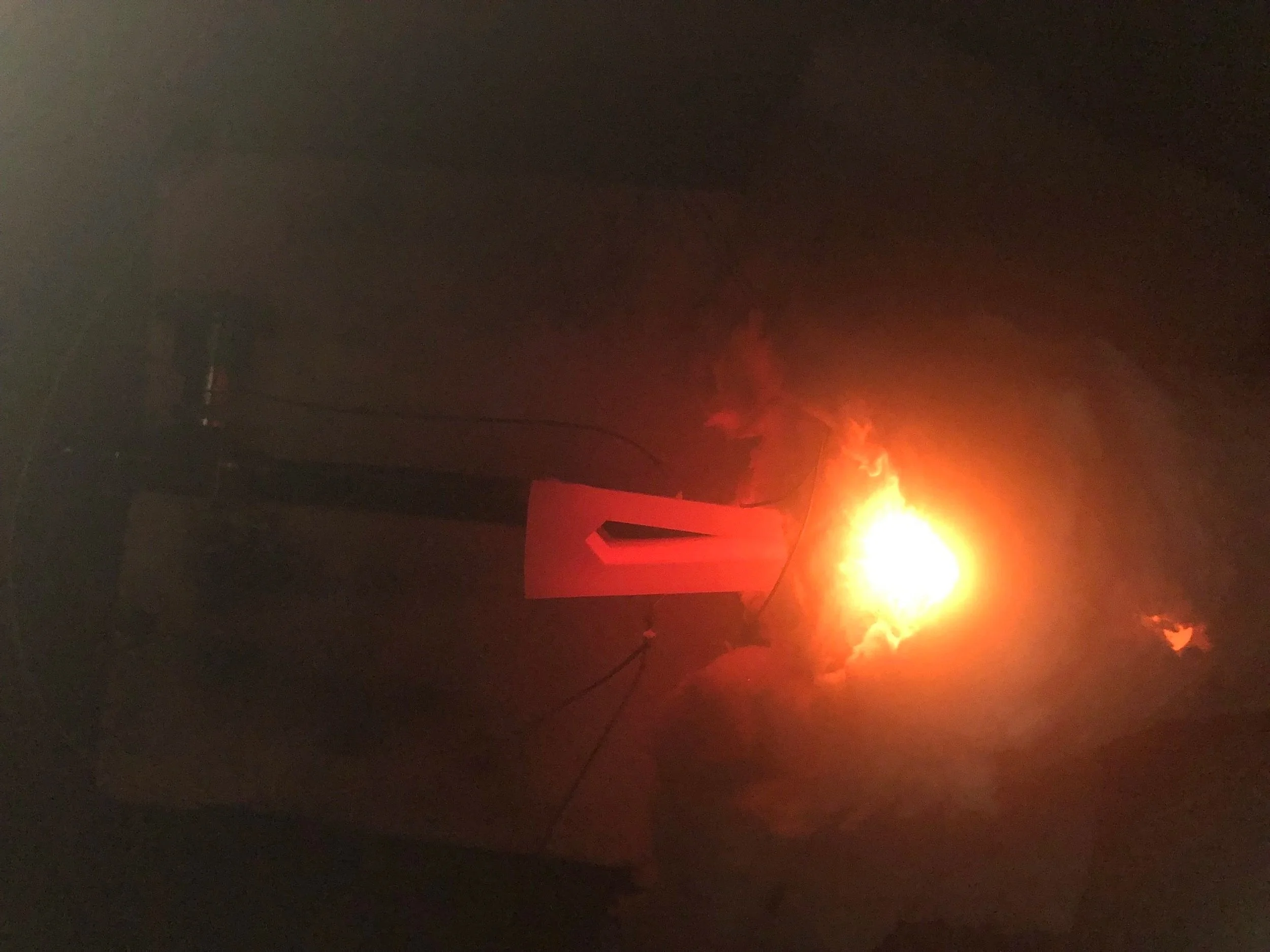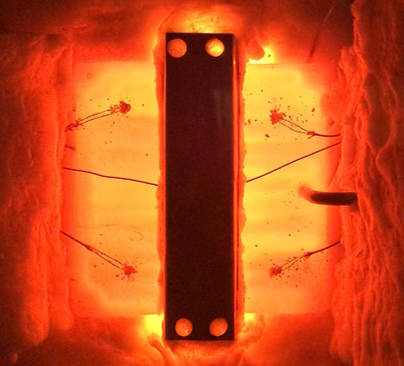
High-Temperature Oscillating Heat Pipes
Pushing the limits of thermal control for aerospace, nuclear, and advanced energy applications requiring heat transfer at high temperatures (~150-500 °C) and ultra-high temperatures temperature (~500-1800 °C)
Testing of an Inconel OHP leading edge
Applications
Hypersonic leading edges
Nuclear electric propulsion (NEP)
Radiator panels
Fluid-to-fluid heat exchangers
Heat shields
Aerospace
Reactor cooling
Rejection-side heat rejection
Thermoelectric heat transporters
Nuclear
Waste heat recovery systems
Solar thermal receivers
Fuel cells
Industrial heat exchangers
Semiconductor isothermal liners
Breaking system coolers
Industrial & Energy Systems
Publications
2024 TFAWS: “OHP Radiators for 150-300C Applications”
2024 TFAWS: “Large Format High Temperature Oscillating Heat Pipes”
2025 TFAWS: “High Temperature Oscillating Heat Pipe Radiator” — link coming soon
2022 TFAWS: “An Experimental Investigation of High Temperature Oscillating Heat Pipe for Leading Edge applications”
2024 JANNAF: “OHP Hypersonic Leading Edges” (requires login)
Features, Advantages and Benefits of ThermAvant Tech’s OHPs in High Temperature Applications
Pressure-driven oscillating two-phase fluid flow, as opposed with capillary-driven like conventional wick-based heat pipes
Ultra-high effective thermal conductivities (e.g. 5 to 500x higher than the base material’s)
Producible in tubular, flat plate and complex three-dimensional form factors for a variety of applications (e.g., from 10cm to 3m in length and with cross-sectional heights of 1-10mm)
3D structure OHPs have high strength and relatively low density (e.g., 80% effective density of base material with 95% of base material strength)
Wide range of fluid-material pairs to operate across wide range of medium- and high-temperatures
Images from 2025 NETS:
“Oscillating Heat Pipes for Space Nuclear Power”
ThermAvant Background
2007
Founded by Dr. Bill Ma, Dr. Bin Wu, and Joe Boswell.
2015
First aero-defense prototypes delivered and Dr. Ma published OHP textbook.
2017
First launch of electronics cooling (<100 °C) OHPs on spacecraft on board OTV5, and represents transition of technology to TRL 9.
ThermAvant’s High-Temp Development Timeline
Hypersonics
2019 - 2022
NASA LaRC Phase I-II
2022 - 2025
AFRL/RV Phase III
2023-2025
NASA ARC ACO
2025+
Transitioning into commercial applications
Space Nuclear — Heat Rejection
2020 - 2026
NASA GRC Phase I-III
2024
NASA JPL Phase I
2025+
Transitioning into commercial applications
Space Nuclear — Core Acquisition
2023-2026
NASA GRC Phase I-II
Elevated Temperature OHP Features & Benefits
-
OHPs have exceptional thermal performance, achieving effective thermal properties orders of magnitude greater than the base materials of construction.
The performance of state-of-the art high temperature OHPs is export controlled. Contact ThermAvant for more information
-
OHPs are multifunctional, meeting structural requirements with integrated thermal management. By reducing hot spots, embedding an OHP into a structural component enables more aggressive boundary conditions (e.g. Mach #), without exceeding an established service temperature ceiling.
OHPs can be made into customized geometries in thin, conformal form factors — including through features & complex 3D integration.
-
Elevated temperature OHPs are manufactured from structural materials with known properties at service temperature, e.g. titanium, nickel-based superalloys, and refractory metals.
Working fluids commonly used in conventional heat pipes (water, alkali metals) are suitable in OHPs, in addition to novel alternatives.
Fluid-specific software models for thermal conductance and limits of operation have been validated against empirical datasets, enabling predictive analysis for new designs.
-
Elevated temperature OHPs have been demonstrated with a variety of different architectures, including tubular, flat plate, additively manufactured, and hybrids. Hermetic joints are formed by welding, brazing, and diffusion bonding.
Because OHPs do not require a wick structure, manufacturing is generally less complex than a conventional heat pipe or vapor chamber of similar geometry
ThermAvant has specialized alkali metal heat pipe processing capabilities in-house.
Proven Thermal Solutions for Mission-Critical Applications
We manage the entire process from concept through manufacturing.
World leader in OHP technology with 5 years of experience demonstrating hi-temp solutions (600K to 2,000K)
30+ Engineers dedicated to continuous OHP technology and OHP manufacturing improvements
Unique Alkali metal OHP processing capabilities in-house
Successfully applied Hi-Temp OHPs (see publications, above)
Actively engaged with NASA, DoD, and Primes to apply Hi-Temp OHPs to hypersonic







